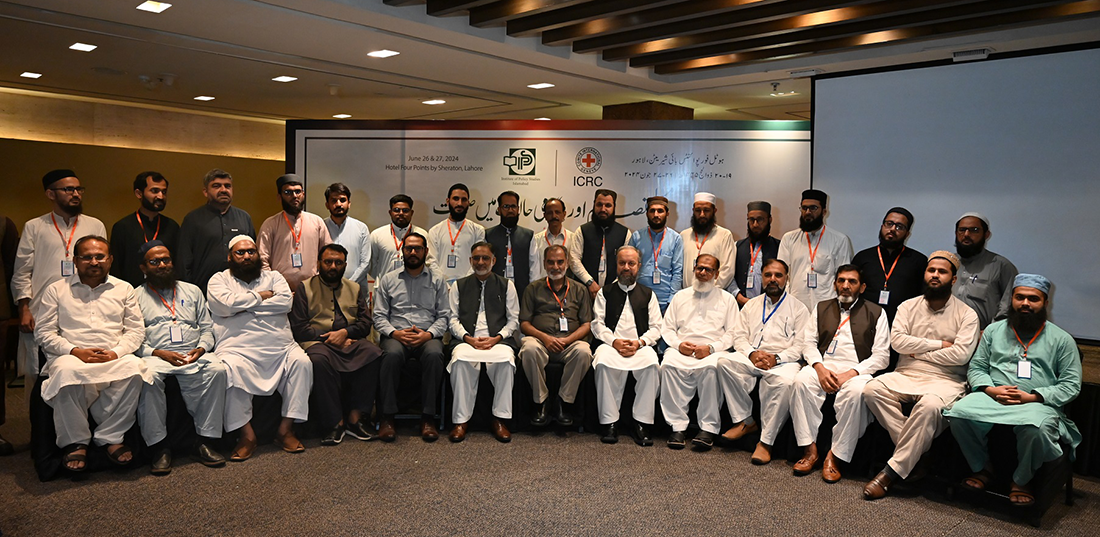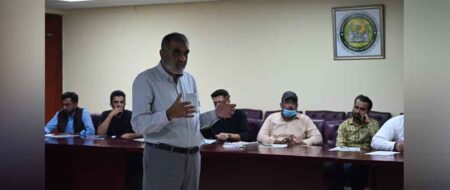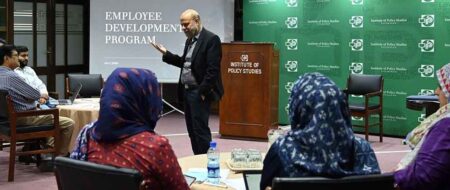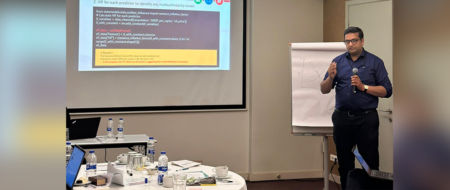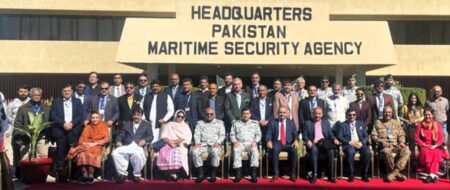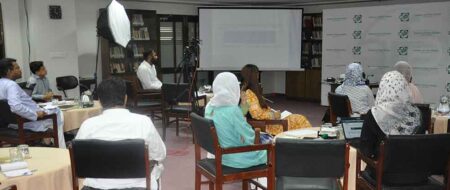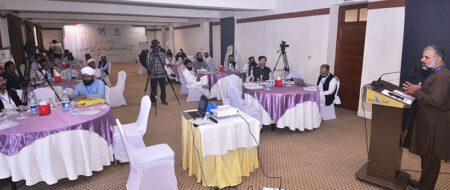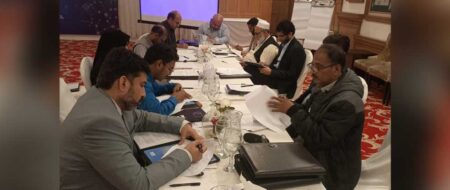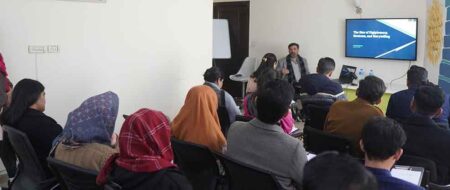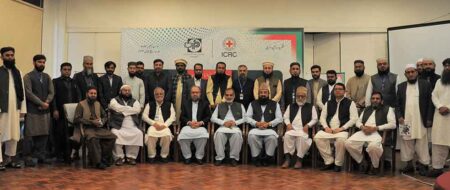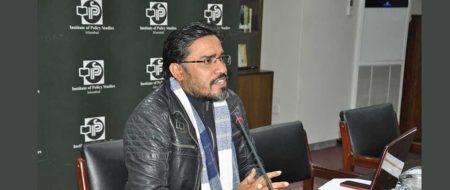‘Humanitarian Journalism During Armed Conflicts and Emergencies’
Humanitarian journalism can save lives in emergency situations: Insights from IPS-ICRC Media Workshop
Journalists, by acting as the eyes and ears of both the government and the public, play a crucial role in emergencies. During natural disasters or deadly conflicts, accurate and timely information can save lives by directing humanitarian actors to areas needing immediate attention and by identifying irregularities. In this regard, to avoid misinformation during chaos and uncertainty, reporters and analysts must have a proper understanding of emergency dynamics.
This was discussed by experts at the two-day orientation workshop for the editors of religious journals, titled ‘Humanitarian Journalism During Armed Conflicts and Emergencies’. The workshop was organized to equip the participants with the tools and techniques for reporting and analyzing the situations caused by armed conflicts and emergencies, and was co-organized by IPS and the International Committee of the Red Cross (ICRC) in Lahore on June 26 and 27, 2024.
The workshop was conducted by Syed Nadeem Farhat, research fellow IPS, Dr Ziaullah Rahmani, regional adviser for Shariah, ICRC, Dr Yasir Riaz, humanitarian officer in the UN, Waqar Bhatti, seasoned health journalist, and Tariq Habib, senior investigative journalist. The concluding session of the workshop was attended by Syed Waqas Ur Rahman, general secretary Al-Khidmat Foundation Pakistan, Dr Mian Muhammad Akram, chairman Association for Academic Quality (AFAQ), Dr Hassan Shakeel, HoD Islamic Culture and Civilization, UMT, and Dr Sajid Iqbal, religious scholar.
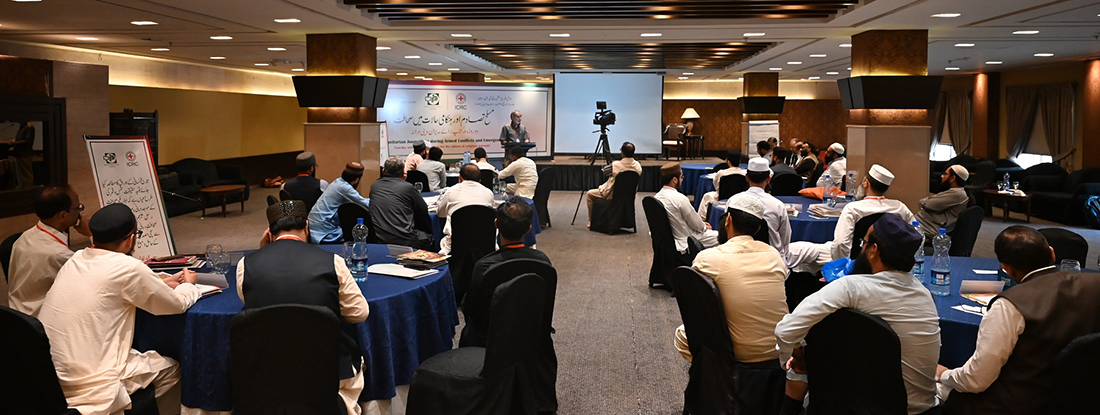
The first day of the workshop revolved around enhancing the capacity of journalists and editors by introducing them to humanitarian services, changing dynamics of human tragedies in the wake of climate change and technological advancements, philanthropy, humanitarian organizations, relevant international laws, various information-gathering strategies, and different forms of human tragedies. As speakers presented their first-hand experiences in reporting armed conflicts and emergencies, it was highlighted that reporting and analyzing human tragedies and humanitarian crises demand great caution and sensitivity towards human suffering.
On the second day of the workshop, the participants understood the fundamental principles of humanitarian organizations and explored the significance of the principles of humanity, impartiality, neutrality, independence, volunteerism, universality, and unity, in dealing with complex situations of humanitarian crises. Through a study circle and several roleplay activities in the given scenarios, the participants received hands-on training for defining their constructive roles in the events of human suffering.
Speaking at the conclusion of the workshop, Khalid Rahman said that religiously motivated humanitarian workers have always made a difference in difficult situations۔. Furthermore, he stressed the importance of understanding the international system of humanitarian services to effectively play constructive roles within a broader framework.
